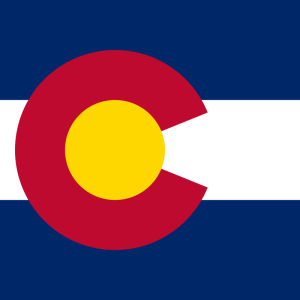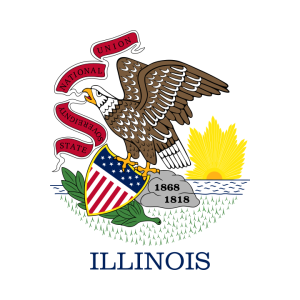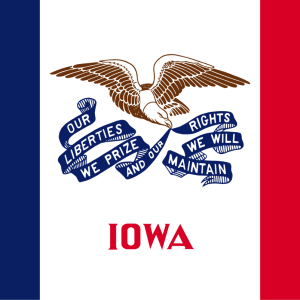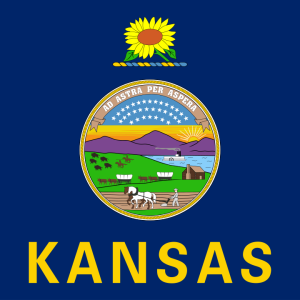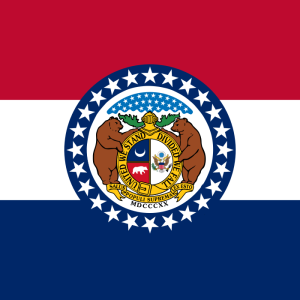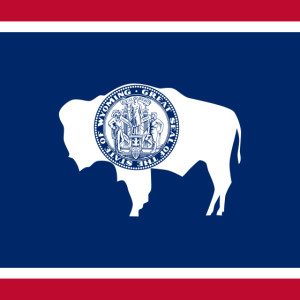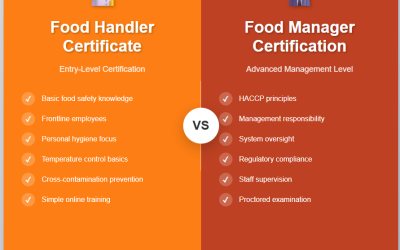Working in Texas’s bustling food service industry requires more than just cooking skills and customer service experience. Whether you’re starting your first restaurant job or moving to the Lone Star State, obtaining a Texas Food Handler Card is an essential step that’s both legally required and professionally valuable.
What is a Texas Food Handler Card?
A Texas Food Handler Card is an official certification that demonstrates you understand basic food safety principles and regulations. This proves you’ve completed state-approved training on topics like proper food storage, temperature control, personal hygiene, and contamination prevention. In a sense, it serves as your professional passport in the food service world, showing employers and health inspectors that you’re qualified to handle food safely.
Who Needs a Food Handler Card in Texas?
Texas law requires anyone who works with food in a commercial setting to obtain this certification. This includes employees at restaurants, food trucks, catering companies, school cafeterias, healthcare facilities, grocery store delis, and convenience stores that prepare food. Even if you only handle packaged foods or work as a cashier in a food establishment, you’ll likely need this certification.
The requirement applies to both full-time and part-time workers, seasonal employees, and volunteers who handle food in commercial settings. However, managers and certified food protection managers may need additional, more advanced certifications beyond the basic food handler card.
Step-by-Step Process to Get Your Card
Step 1: Choose an Approved Training Provider
Texas accepts food handler training from several state-approved providers. Popular options include the Texas Department of State Health Services approved courses, such as FenixFoodSafety who offer an online food handler course, and local health department programs.
Step 2: Complete the Training Course
Most Texas food handler courses take about 2-3 hours to complete (although FenixFoodSafety’s course takes about 60-75 minutes) and cover essential topics including foodborne illness prevention, proper handwashing techniques, safe food temperatures, cross-contamination prevention, and cleaning and sanitizing procedures. The training typically includes interactive modules, videos, and real-world scenarios to help you understand practical applications.
Step 3: Pass the Final Exam
With FenixFoodSafety’s course there is no exam after the course. Many training providers require you to pass a multiple choice test to obtain your food handler card.
Step 4: Receive Your Certification
Once you complete the training you’ll immediately receive a certificate that acts as your food handler card.
Cost
FenixFoodSafety is more affordable than most other options. Many providers expect you to pay between $15-25 for your Texas Food Handler Card.
Maintaining Your Certification
Your Texas Food Handler Card expires every two years, and renewal requires completing the training and exam process again. Many employers will remind you when renewal time approaches, but it’s ultimately your responsibility to maintain current certification. Some providers offer email reminders as your expiration date nears.
Keep your physical card with you whenever you’re working, as health inspectors may request to see it during routine visits. If you lose your card, most training providers can issue a replacement for a small fee using your completion records.
Benefits Beyond Compliance
While getting your food handler card meets legal requirements, the benefits extend far beyond mere compliance. The knowledge you gain helps protect customers from foodborne illness, which protects your employer from liability and reputation damage. Many employers prefer hiring candidates who already have their certification, giving you a competitive advantage in job applications.
The training also provides valuable skills that transfer across different food service roles throughout your career. Understanding food safety principles makes you a more valuable employee and can lead to advancement opportunities, as many management positions require or prefer candidates with food safety knowledge.
Common Mistakes to Avoid
Don’t wait until the last minute to get your certification. Some employers require you to have your card before starting work, while others may allow you to begin working with a temporary certificate. Check with your employer about their specific requirements and timeline expectations.
Make sure you choose a Texas-approved training provider, as out-of-state certifications may not be accepted. Keep your certification information organized and easily accessible, including your completion certificate, card, and any renewal reminders.
Getting Started Today
Ready to get your Texas Food Handler Card? Register at FenixFoodSafety, set aside a few hours for the course and exam, and prepare to join the ranks of certified food service professionals across Texas. The investment in time and money is minimal, but the professional benefits and peace of mind are substantial.
Your food handler certification represents more than just a legal requirement – it’s your commitment to food safety, customer protection, and professional excellence in Texas’s vibrant food service industry.




